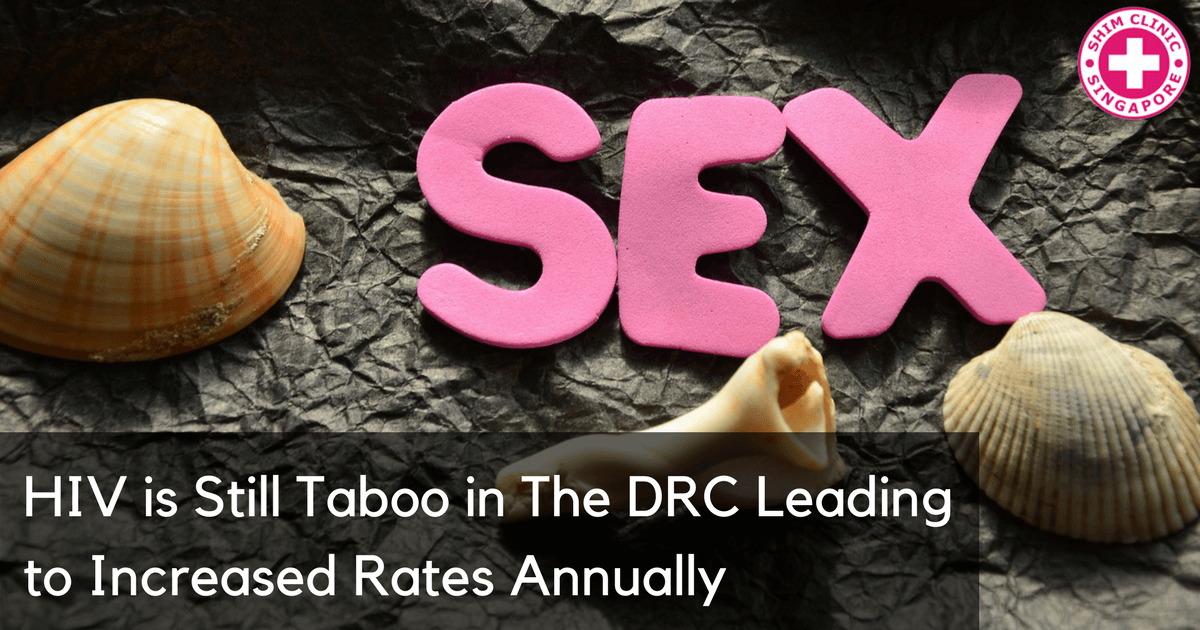HIV rates in the DRC are still soaring as the numbers decline in other countries in Africa. Rampant stigma has been blamed for this increase.
People living with HIV/AIDS in the country are still made to feel ashamed, guilty and afraid of their status. This has in turn seen more and more people refuse to go for HIV testing meaning that they aren’t getting diagnosed soon enough to save their lives.
High risk populations are also avoiding to take advantage of HIV HIV pre-exposure prophylaxis (PrEP) and HIV post-exposure prophylaxis (PEP) due to stigma. Those who are infected do not tell their partners and loved ones about their status because they don’t want to be stigmatised.
Stigma Causing Frustration for Caregivers
Caregivers including spouses, parents, children and siblings of people living with HIV normally get very frustrated because they get to learn of the diagnosis very late when their loved one is almost succumbing to the virus.
Such caregivers also regret that they cannot do anything much to protect their loved ones from suffering from the disease. Would they have shared their statuses early on, it would be possible for the caregivers to encourage early treatment which prolongs lives and helps manage the disease.
Many caregivers actually suspect that their loved ones have HIV but for fear of bringing shame to their family, they avoid asking the patients about it. Others simply don’t want to be associated with a sick person so they would rather avoid the subject all together.
Limited Information Fueling Stigma
There is very little information available in the country regarding HIV and how to live a normal and healthy life even if you have the virus. Many people in the country still believe that HIV is synonymous with death.
Religion has played a big role in misinforming people. Some churches prevent people from getting tested for HIV while others even ask people not to take HIV drugs. The belief that religious leaders can cure HIV/AIDS has many people abandon treatment putting their lives at risk.
HIV/AIDS and its related conditions is the fifth leading cause of death in the Democratic Republic of Congo. Numbers recorded by the Centers for Disease Control and Prevention (CDC) show that there were 370,000 adults living with HIV in 2015 in the country. Out of these, only 29% of them were receiving antiretroviral therapy (ART).
HIV/AIDS has greatly affected children below the age of 17 years. At the end of 2003 an estimated 770 000 children had lost either one or both parents to the disease.
The Solution
To deal with the stigma issue, stakeholders need to take their campaigns down to the communities and beyond.
Increased education among patients and their caregivers as well as healthcare workers is also important in the fight against HIV stigmatisation.
Medical professionals also need to inform people who go for HIV testing about taking ARVs and encourage them to go for continuous counselling. People living with HIV also need to be encouraged to talk about their condition with their communities.
Roping in local religious groups in this fight can also help reduce the stigma and encourage citizens to access lifesaving HIV treatment which they urgently need.

